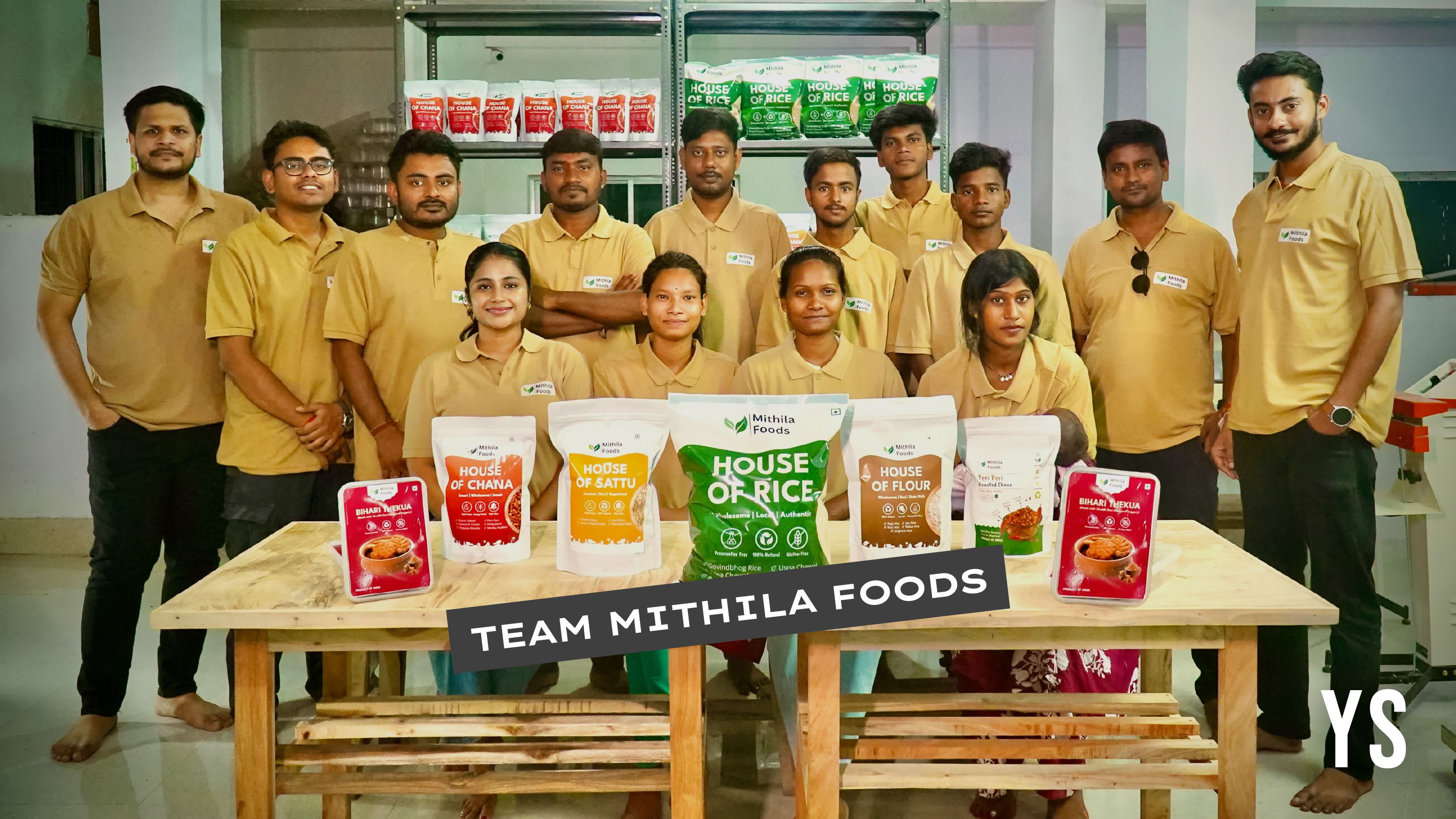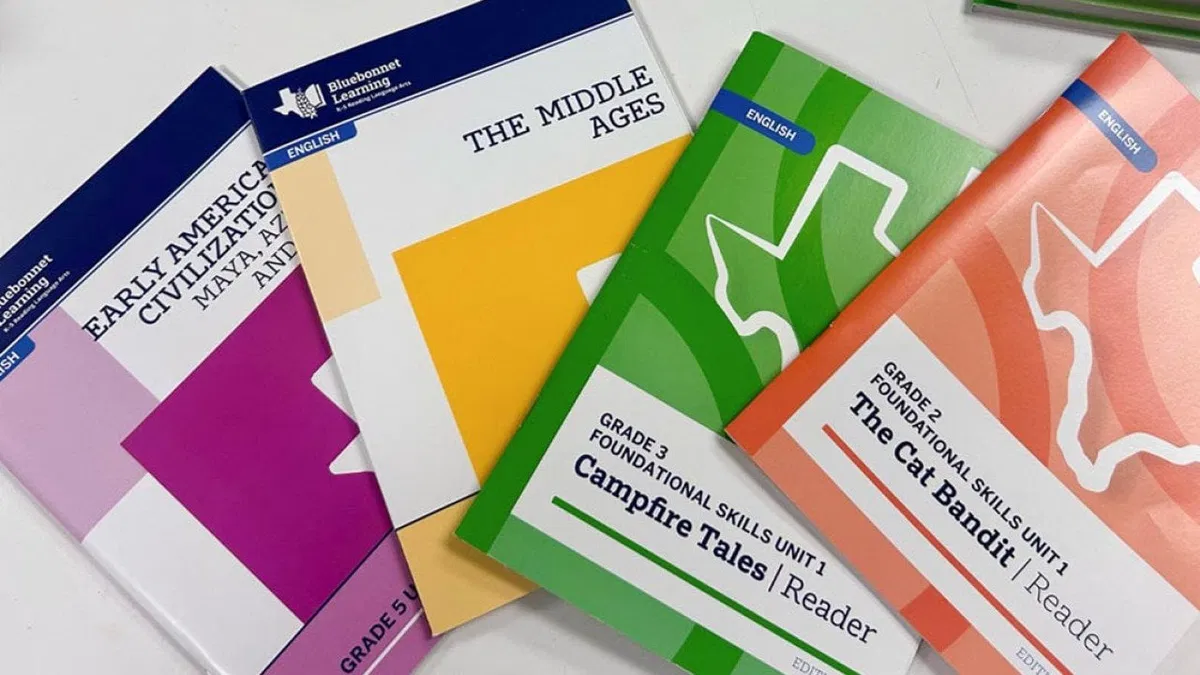By Rashmi Khotlande
Copyright yourstory

For countless young professionals and students who leave small towns for India’s metros, the toughest part isn’t just the hustle; it’s the hunger.
Far from home, the flavours of their childhood often disappear, replaced by supermarket substitutes that never quite measure up. For migrants from Bihar and Jharkhand, staples like sattu, katarni chuda, or makhana powder aren’t just ingredients; they’re markers of culture and identity.
Mithila Foods, founded in 2024 in Dumka, Jharkhand, has made it its mission to bring authentic products from Bihar to the kitchen shelves of Mumbai, Delhi, and Bengaluru.
Three friends—Shubham Sunderka from Sitamarhi and brothers Ankit and Anshu Kumar from Dumka—had this idea for a direct-to-consumer (D2C) brand after they struggled to find their regional staples while studying at IIT Bombay in 2012.
Years later, even after building careers in marketing, FMCG, and design, the gap gnawed at them. “Every trip home meant bringing back at least 10 kgs of sattu. It wasn’t just about taste—it was about keeping my cultural identity in an unfamiliar city,” Sunderka, CEO of Mithila Foods, tells YourStory.
From Govindbhog rice to roasted chana and Gumla ragi atta, Mithila Foods’ range of food products helps interstate migrants have a taste of their home, while introducing India’s metros to a cuisine that has long been underrepresented.
Authentic Mithila flavours
The D2C brand offers 25 stock-keeping units (SKUs) through its website and ecommerce platforms like Amazon, Flipkart, and JioMart. It sells authentic regional products from Bihar and Jharkhand, including staples like Govindbhog rice, katarni chuda (flattened rice), Jharkhand’s Gumla ragi atta, Bihari makhana powder, and more.
Besides, it offers superfoods like roasted chana, plain and flavoured makhanas, roasted mustard, and sattu in plain, jeera, and jaggery flavours, as well as flax and sunflower seeds. It also stocks pooja essentials like ghee and incense.
The startup sources ingredients from local farmers and small businesses and processes all its products in the Mithila region using traditional methods. “We maintain direct contact with both farmers and manufacturers to ensure consistent standards,” says Co-founder and COO Ankit Kumar.
According to the founders, most of Mithila’s products are naturally rich in protein, fibre, and nutrients like calcium, despite having a shorter shelf life—between six and twelve months compared to common alternatives—and there’s a reason why.
Ankit explains, “We do not use palm oil, harmful additives, or artificial colours.” All products are FSSAI-approved and undergo lab testing, with random batch checks every three to six months, he adds.
“Our best-selling product is roasted chana—a clean, roasted superfood, and a healthy alternative to popcorn. The second is sattu—a natural plant-protein source often preferred over commercial protein supplements,” Sunderka says.
Mithila Food has priced its products between Rs 150 and Rs 1,500, sold in sizes ranging from 100 grams to 5 kg.
Why cultural authenticity matters
Mithila Foods primarily targets customers from Bihar and Jharkhand residing in Indian metros. But it has found unexpected markets. “Our products are quite popular in the North East, where the food culture is similar. In a recent feedback session, a customer mentioned these items are part of their daily diet, a connection we hadn’t realised before,” Sunderka says.
The D2C startup has positioned itself as a regional food brand, with the tagline, ‘the traditional taste of Bihar.’ While other brands sell a few regional products like makhana, Sunderka says they don’t mention that their product is “exclusively made in Bihar”.
According to the Directorate of Horticulture, in 2020, Bihar dominated makhana production, accounting for over 85% of the total production capacity. “We want to bring these stories forward and give Bihar the recognition it deserves,” he says.
Growth, funding, and expansion plans
Mithila Foods faced operational challenges after starting up in Dumka on a small scale. “We didn’t have printed packaging, stickers, or a sealing machine to cater to larger audiences,” Sunderka recalls.
Technical hurdles also required FMCG expertise. “We had to figure out proper temperature control, processing methods, and equipment specifications. Setting up the right machines and processes took time and investment,” he adds.
Since its inception, the business has achieved a 40% monthly growth rate. Starting with an initial investment of Rs 3 lakh, it now generates Rs 30–35 lakh in monthly revenue, with the founders targeting Rs 1 crore in revenue by this Diwali.
To support steady expansion, Mithila Foods raised Rs 1.5 crore in seed funding from Aviral Bhatnagar of AJVC in January 2025, primarily to scale its online presence. The brand also plans to enter the US market following customer requests. “We’ve shipped inventory to Amazon USA, and the launch will go live in a couple of weeks,” Sunderka says.
The D2C startup also plans to expand into offline retail through select supermarkets and local stores, including larger chains such as DMart, Reliance, and JioMart. It intends to produce items like thekua (handmade cookies) and Bihar-style pickles in-house, creating opportunities for local women.
Bringing Mithila’s heritage to life
Mithila Foods aims to become a recognised FMCG brand for Bihari cuisine, making regional staples part of daily consumption while supporting farmers, manufacturers, and retailers through its distribution network.
The company is also planning festival kits for Diwali and Chhath Puja to help people from Bihar and Jharkhand celebrate with traditional foods in metropolitan cities.
The founders aim to build a brand that goes beyond business, connecting people to the culinary and cultural traditions of their hometowns. Through its Instagram page, Mithila Stories, it intends to showcase success stories from the Mithila region, highlighting artists, professionals, and leaders.
“We want to celebrate the region’s culture and break stereotypes. Bihar and Jharkhand are often seen only as states of labour and poverty, but we want to showcase their rich culture and change that narrative,” Sunderka says.
(Edited by Suman Singh)



